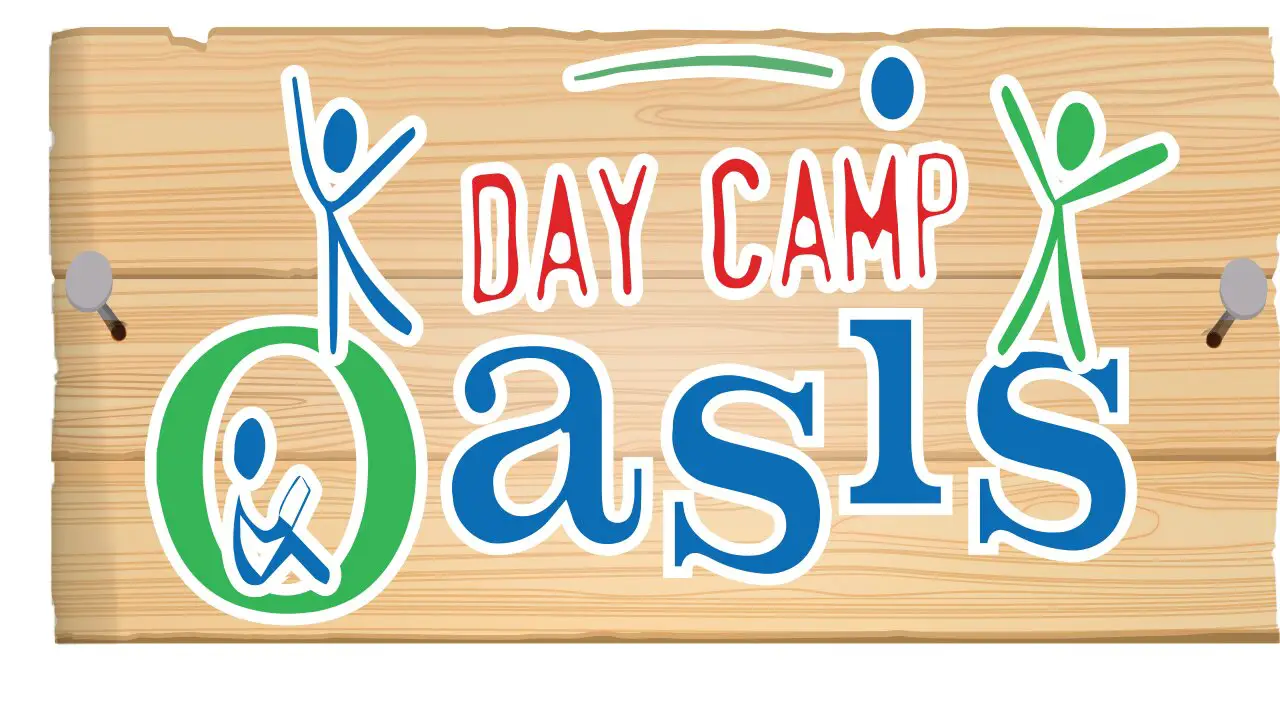
How to Understand and Decode Your Baby's Cries
With a little practice—and patience—it is possible to discern your infants cries.
Get can’t-miss family activities sent to you!
Get the Best Family Activities
She’s tired: This cry is sometimes accompanied by physical signals, such as yawning, pulling on ears, restlessness, hand clenching, blinking, closed eyes, or eye rubbing, according to Cralle.
He’s in pain. Cries from babies with colic last longer. Colic usually resolves when a baby turns 3 or 4 months old. Cries of a baby in pain have been described as harsh, sudden, shrill, loud, and long, followed by a quiet pause when your baby catches his breath. A high-pitched or very low-pitched cry that persists can be indicative of illness.
Don’t Give Up
Determining the reasons for your child’s cries doesn’t come easily, especially if you’re a first-time parent. It takes time to get to know the different sounds and signals that go along with each crying episode, so don’t be hard on yourself if you haven’t been able to quickly dry your baby’s tears yet.
“We learn in residency the different cries. Hunger, pain, obstinate, fear. Baby cries can be weak or strong and can have different pitches,” says Amy Luedemann-Lazar, D.D.S., a pediatric Waterlase dentist. “It would be hard for a first-time parent to understand or recognize the difference, but a well-seasoned provider and someone like myself who treats dozens of babies a day recognizes the cries right away.”
For many parents, deciphering their child’s cries is a learning curve. And sometimes, a baby will cry for reasons that remain a mystery to mom and dad.
“Each cry has a different nuance to it that you learn as you go,” says Ann-louise Brennan, a mother of two who lives in Bedford, U.K. “Sometimes it’s a cry you have never heard before, so you stand there begging this child to tell you what the problem is. Typically, it’s an ‘I have no idea why I am crying I just am’ type of cry. You change them, they still cry. You feed them, they still cry. You rock them, they still cry.”
Can You Spoil a Crying Child?
It’s a fact that babies will always cry. And not every parent will become a pro at recognizing the reason for each and every cry. Many experienced parents and medical experts disagree with the popular notion that constantly running to a crying baby spoils them.
Parents should always respond to a crying baby, even if they aren’t sure why she’s crying, according to Cralle. “It’s a myth that promptly picking up a baby every time he or she cries will spoil a child,” she says.
“Toddlers can be spoiled and are smart and know how to manipulate to get their way,” Bailey says. “Babies aren’t being manipulative when they cry. It is their sole means of communication. They’re trying to tell us something is wrong.”
Bottom line? Don’t worry if you can’t immediately pinpoint the reason for your baby’s tears. Crying bouts are inevitable when you have an infant. But if you have any questions, doubts, or concerns, especially if the crying is sudden or lasts a long time or is accompanied with physical symptoms such as fever or diarrhea, contact your pediatrician.









